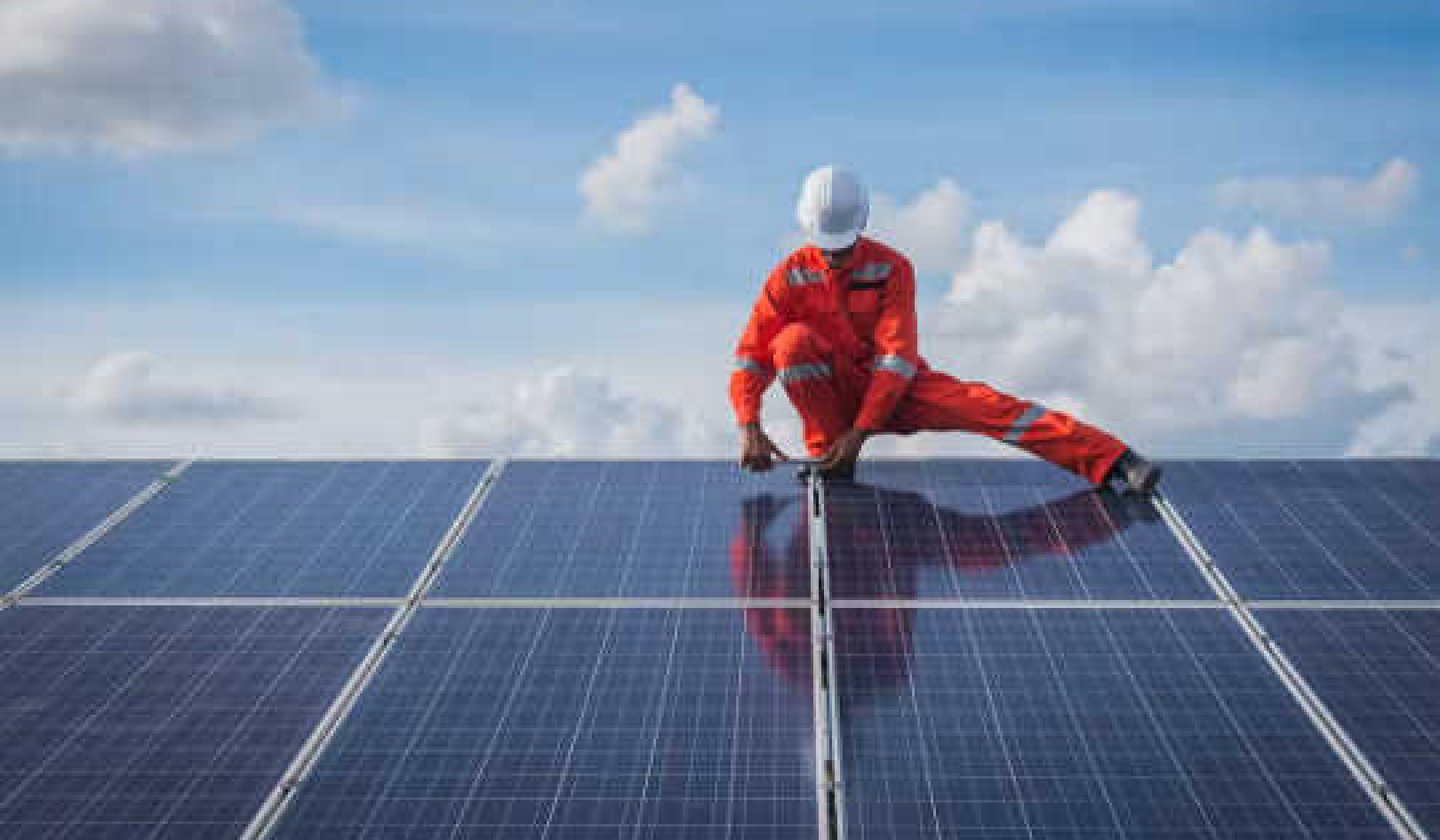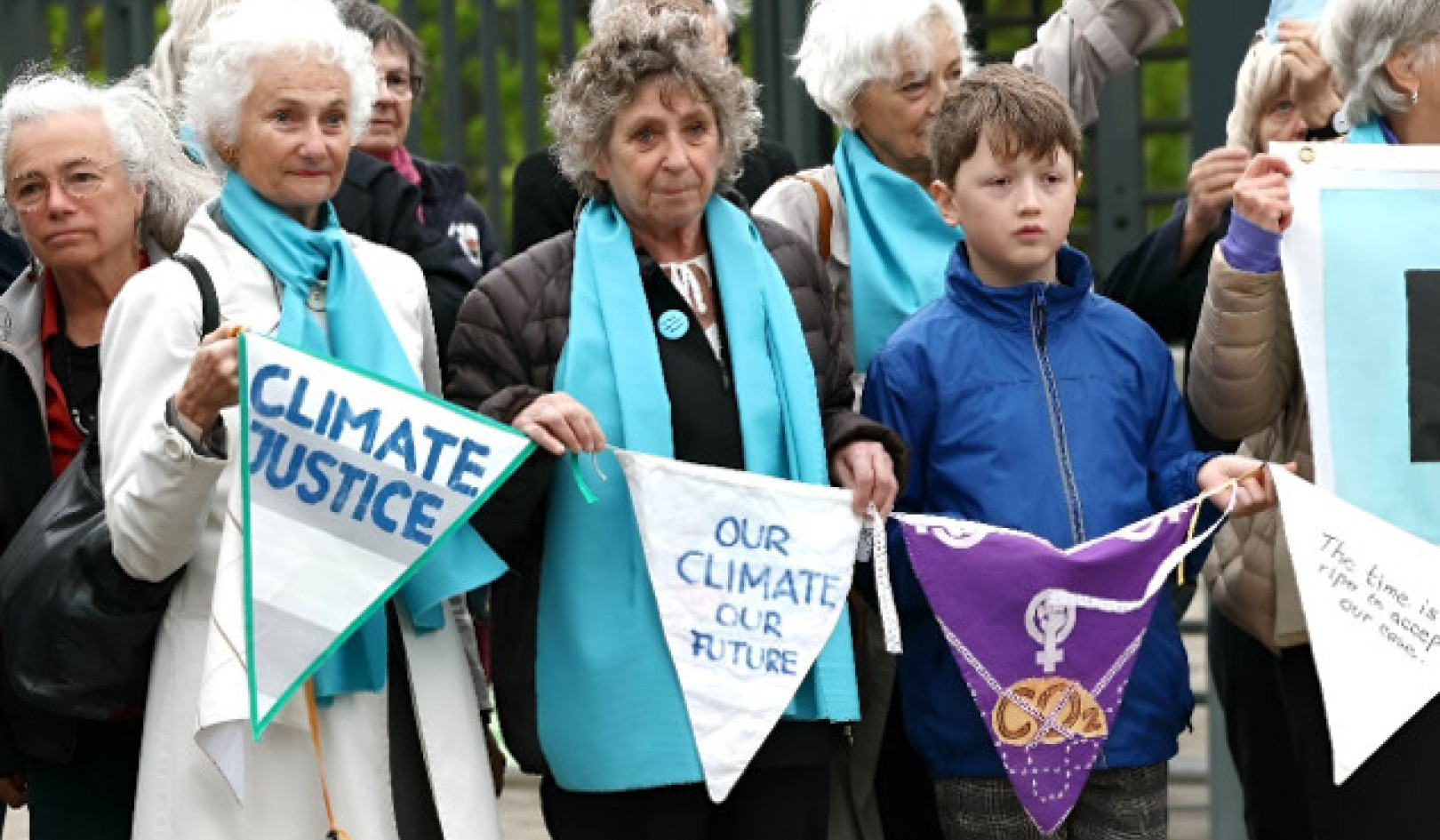 Sunrise at Southwold in eastern England: What is happening in the deep oceans? Image: Brenda and Ken Bent via Wikimedia Commons
Sunrise at Southwold in eastern England: What is happening in the deep oceans? Image: Brenda and Ken Bent via Wikimedia Commons
Professor Chris Rapley is a former director of both the British Antarctic Survey and the Science Museum in London. What the IPCC’s Fifth Assessment Report, AR5, says about the oceans alarms him.
The messages are ever clearer: climate change is real, we humans are the driver, and we need to act resolutely and soon to reduce the risk of serious disruption.
The IPCC’s latest report took over 250 experts from 39 countries to sift 9,000 pieces of scientific research and address over 54,000 comments under the close scrutiny of 190 governments. The result: a fresher and sharper image of the physical state of our planet and the changes it is undergoing.
It confirms that each of the most recent three decades has been warmer than its predecessor and that the change – almost 1°C since the beginning of the last century – is significant on a timescale of ten thousand years.
In the context of an unabated planetary energy imbalance, and evidence that the 93% of the energy build-up taken up by the oceans continues to accumulate, the recent slow-down in the rise of surface temperatures, much heralded by the climate dismissers, appears a minor and temporary fluctuation.
In the meantime, the melting and retreat of polar ice shocks experts such as myself – with the loss of ice from Greenland and Antarctica both having increased by a factor of 5-6 over the decades 1990-1999 and 2000-2009.
“…we are fast losing the possibility of restricting warming to 2°C.”
The consequence? In combination with ocean thermal expansion, an accelerating rise in global mean sea level, currently running at 35 cm per century. This is already approaching one third of the rate sustained for 10,000 years during the transition from the last Ice Age to the current warm period, when sea level rose by 120 metres.
The predictions? That we are fast losing the possibility of restricting warming to 2°C. We have at most half a trillion tons of carbon left that can be burned, after which we will be committed to temperature rises outside those experienced by the planet for hundreds of thousands of years.
The scientists have done their job; now is the time for politicians to take a lead, and everyone to act.
Professor Chris Rapley CBE
Department of Earth Sciences
University College London
Note: The Global Ocean Commission says the IPCC report “shows that the ocean is shielding humanity from climate change impacts at significant cost to its own health”. Specifically, AR5 says:
- the upper part of the ocean is warming by about 0.1°C per decade
– the deep ocean is warming too, and will continue to do so for centuries even if emissions are curbed immediately
– sea levels are rising, currents are changing, the rapid shrinking of Arctic sea ice is freshening water around the region, and concentrations of dissolved oxygen are declining
– acidification will make up to half of the Arctic ocean uninhabitable for shelled animals by 2050. – Climate News Network
























